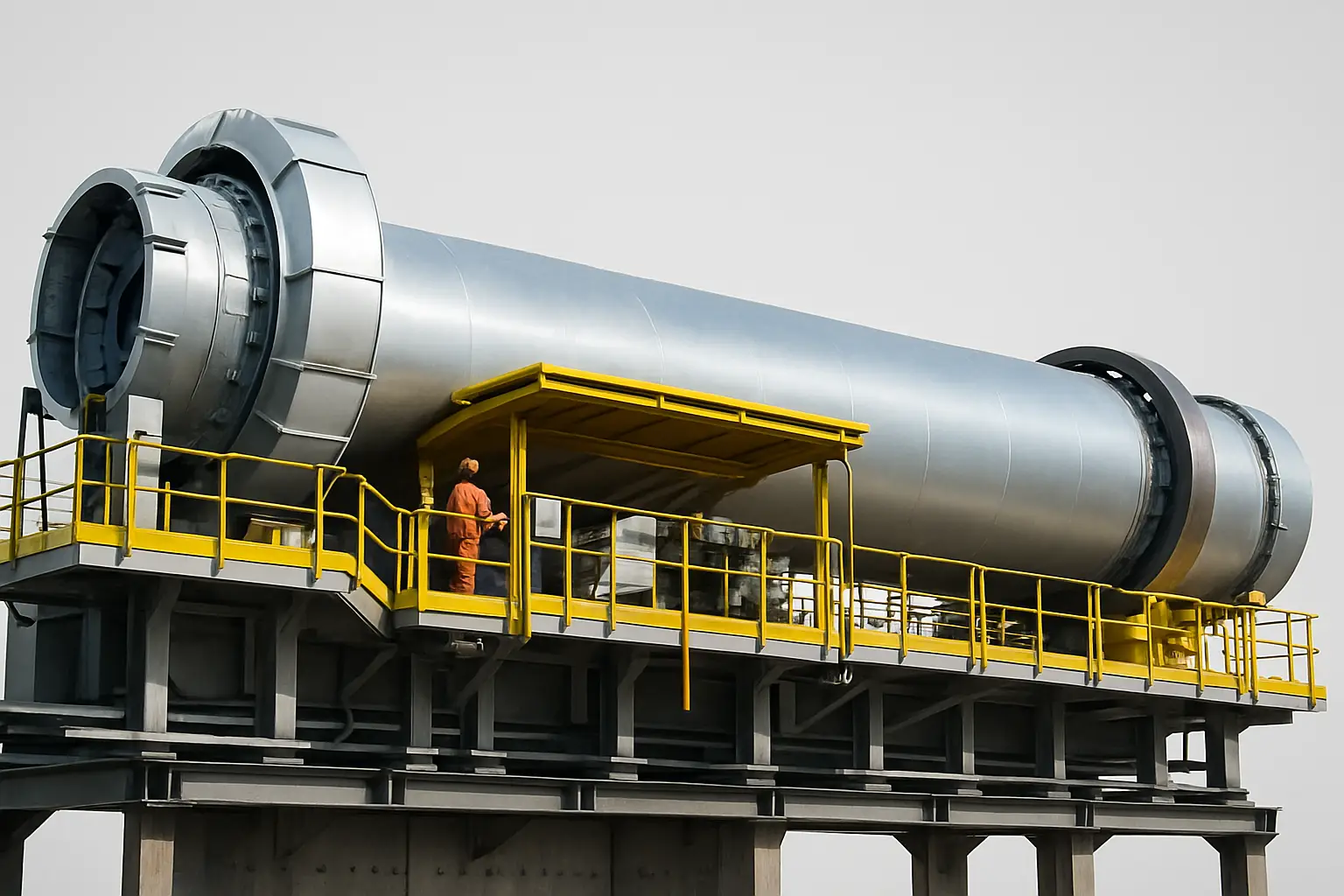Tunnel Kiln
A Tunnel Kiln is a type of continuous kiln used for mass production of ceramics, bricks, and other materials. It operates continuously, allowing for efficient large-scale production. This kiln is widely utilized in industries that require consistent and high-volume output.

Tunnel Kiln
Structure
The tunnel kiln features a long, horizontal tunnel lined with refractory materials. It includes distinct zones for preheating, firing, and cooling. Materials pass through these zones on a conveyor or kiln car system, ensuring uniform exposure to temperature changes.
Working Principle
In a tunnel kiln, products move steadily through the preheating, firing, and cooling zones. As they advance, controlled heat is applied in each zone, precisely regulating the required chemical and physical transformations. This continuous process enables efficient and consistent firing.
Features
Tunnel kilns support high productivity with continuous operation, reducing idle time and maximizing output. They ensure uniform quality due to precise temperature control and consistent heating. These kilns are also highly energy-efficient, often integrating heat recovery systems to minimize fuel consumption.
Environmental Impact
Tunnel kilns are designed to reduce emissions through efficient heat utilization and controlled processing. Their ability to maintain a stable firing environment contributes to environmentally friendly production practices.
Conclusion
The tunnel kiln, offered by DMPCR, provides an efficient and reliable solution for mass production in the ceramics and brick industries. Its continuous processing capability and energy efficiency make it an ideal choice for businesses seeking high-quality output and sustainable production methods.
